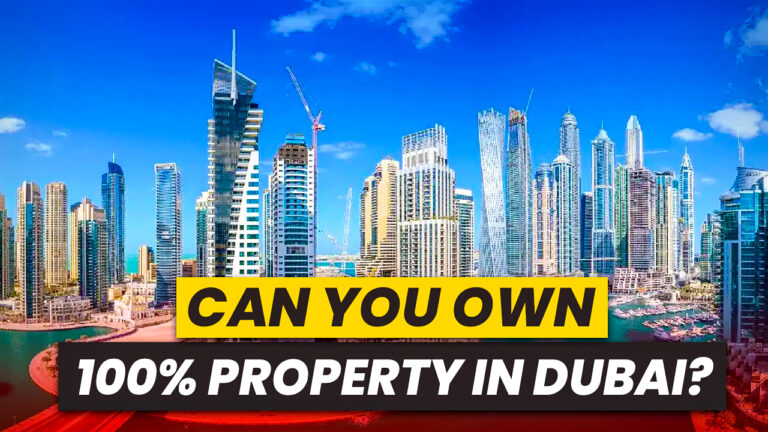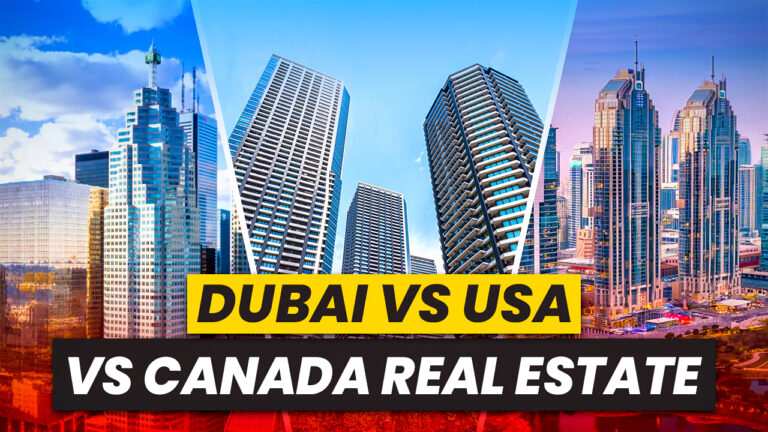Dubai Emerges as Global Leader in Branded Residences, with Doubling Supply by 2030

Dubai has solidified its position as the world’s premier destination for branded residences, poised to double its supply by the end of the decade. Luxury brands and hotel groups are strategically attracting real estate investors in Dubai through upscale developments and designer appeal.
In the latest report on Branded Residences, it’s revealed that Dubai boasts 51 operational schemes, with expectations of the total supply nearly doubling by 2030. This substantial growth places Dubai at the forefront, surpassing South Florida and highlighting the city’s global appeal, especially for international buyers seeking prestigious assets amid significant economic growth.
The Branded residences sector in Dubai
The branded residences sector has demonstrated resilience, experiencing over 160% growth in the past decade. Projections are optimistic, with over 600 new schemes expected globally by 2030, supplementing the existing 690 completed schemes. North America presently claims over one-third of the total supply, while Asia Pacific and the Middle East emerge as key contributors, constituting 40% of the global supply.
Forecasts indicate remarkable growth in the Middle East at 120%, closely followed by Central and Latin America at 89%, showcasing the sector’s expanding global footprint. Branded residences are expected to sustain their upward trajectory globally, with burgeoning cities like Cairo, Ho Chi Minh City, Nha Trang, Guanacaste, and San Miguel de Allende anticipated to experience growth exceeding 400% by 2030.
Anticipating a surge in demand for luxury branded residences in emerging cities, the report underscores the potential for growth in urban, upper-upscale residences and luxury offerings tailored to brand-loyal, well-travelled customers.
Market leaders remain consistent, with Marriott International leading the pack, followed by Accor and Four Seasons. Notably, non-hotel brands, including those from Dubai’s Emaar Hospitality and Banyan Tree Group, are gaining prominence globally, projected to constitute 20% of the total supply by 2030. The branded residences landscape is evolving, expanding beyond luxury hotels to include brands from the fashion, design, and automotive sectors. Newcomers such as Dolce & Gabbana, De Grisogono, Mama Shelter, and Rare Finds are making their mark, signaling a diversification trend in the sector. Non-hotel brands like YOO, Pininfarina (Mahindra), Elie Saab, and Versace (Capri Holdings) are poised to play a significant role in the sector’s evolution in the coming years.
Back to Blog

















